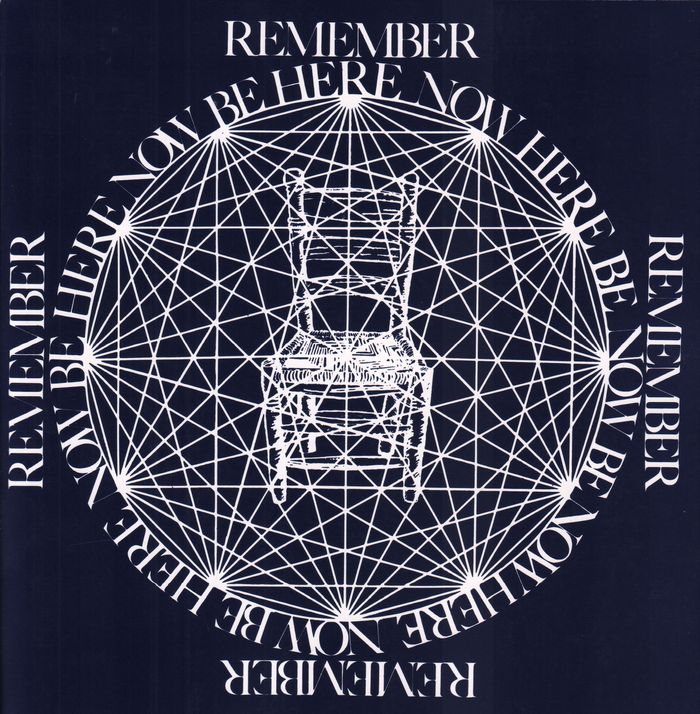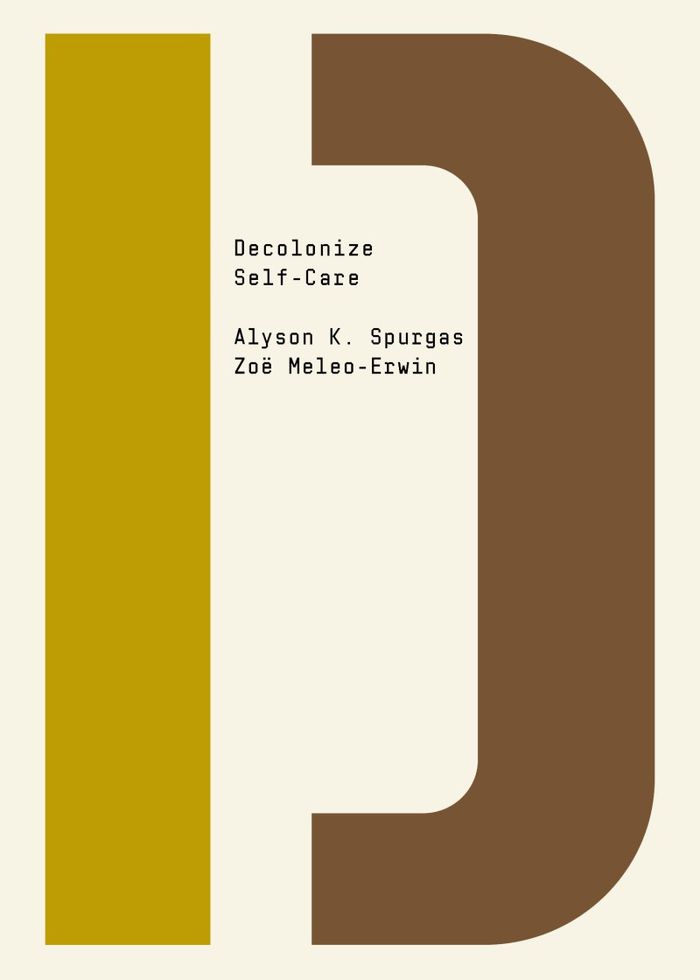Learning to love you more
$21.95
(disponible sur commande)
Résumé:
"Sometimes it is a relief to be told what to do," the authors of this wonderful, strange photo book explain. "We are two artists who are trying to come up with new ideas every day. But our most joyful and even profound experiences often come when we are following other people's instructions. When we are making crepes from a recipe, attempting to do a handstand in yoga(...)
septembre 2007, Munich, Berlin, London, New York
Learning to love you more
Actions:
Prix:
$21.95
(disponible sur commande)
Résumé:
"Sometimes it is a relief to be told what to do," the authors of this wonderful, strange photo book explain. "We are two artists who are trying to come up with new ideas every day. But our most joyful and even profound experiences often come when we are following other people's instructions. When we are making crepes from a recipe, attempting to do a handstand in yoga class, or singing someone else's song." With this in mind, Harrell Fletcher and Miranda July started a website in 2002 called Learning to Love You More. In it they provided assignments: Take a picture of your parents kissing; reread your favorite book from fifth grade; write your life story in less than a day; take a flash photo under your bed; and many others. The responses came thick and fast (more than 5,000 and still coming) from all over the world. The authors' favorites are here reproduced, and they are wildly beautiful, imaginative, complex, funny, sad and simple.
Be here now
$23.23
(disponible sur commande)
Résumé:
In March 1961, Professor Richard Alpert - later renamed Ram Dass - held appointments in four departments at Harvard University. He published books, drove a Mercedes and regularly vacationed in the Caribbean. By most societal standards, he had achieved great success... And yet he couldn't escape the feeling that something was missing. Psilocybin and LSD changed that.(...)
Be here now
Actions:
Prix:
$23.23
(disponible sur commande)
Résumé:
In March 1961, Professor Richard Alpert - later renamed Ram Dass - held appointments in four departments at Harvard University. He published books, drove a Mercedes and regularly vacationed in the Caribbean. By most societal standards, he had achieved great success... And yet he couldn't escape the feeling that something was missing. Psilocybin and LSD changed that. During a period of experimentation, Alpert peeled away each layer of his identity, disassociating from himself as a professor, a social cosmopolite, and lastly, as a physical being. Fear turned into exaltation upon the realization that at his truest, he was just his inner-self: a luminous being that he could trust indefinitely and love infinitely. And thus, a spiritual journey commenced. Alpert headed to India where his guru renamed him Baba Ram Dass - "servant of God." He was introduced to mindful breathing exercises, hatha yoga, and Eastern philosophy. If he found himself reminiscing or planning, he was reminded to "Be Here Now."
Expositions en cours
$37.50
(disponible sur commande)
Résumé:
Since the publication of Edward Said's groundbreaking work Orientalism 35 years ago, numerous studies have explored the West's fraught and enduring fascination with the so-called Orient. Focusing their critical attention on the literary and pictorial arts, these studies have, to date, largely neglected the world of interior design. Oriental Interiors is the first book to(...)
Oriental interiors: design, identity, space
Actions:
Prix:
$37.50
(disponible sur commande)
Résumé:
Since the publication of Edward Said's groundbreaking work Orientalism 35 years ago, numerous studies have explored the West's fraught and enduring fascination with the so-called Orient. Focusing their critical attention on the literary and pictorial arts, these studies have, to date, largely neglected the world of interior design. Oriental Interiors is the first book to fully explore the formation and perception of eastern-inspired interiors from an orientalist perspective. Orientalist spaces in the West have taken numerous forms since the 18th century to the present day, and the fifteen chapters in this collection reflect that diversity, dealing with subjects as varied and engaging as harems, Turkish baths on RMS Titanic, Parisian bachelor quarters, potted palms, and contemporary yoga studios. It explores how furnishings, surface treatments, ornament and music, for example, are deployed to enhance the exoticism and pleasures of oriental spaces, looking across a range of international locations. Organized into three parts, each introduced by the editor, the essays are grouped by theme to highlight critical paths into the intersections between orientalist studies, spatial theory, design studies, visual culture and gender studies, making this essential reading for students and researchers alike.
Théorie de l’architecture
Decolonize self-care
$24.95
(disponible en magasin)
Résumé:
"Decolonize self-care" mounts a sharply critical investigation into contemporary "self-care" practices—particularly those that embrace using mindfulness and other techniques such as tantra and yoga, as well as gluten-free and low-carbohydrate diets. The authors argue that "self-care" has become an industry, and one that is often marketed to and by wealthy, cisgender,(...)
Decolonize self-care
Actions:
Prix:
$24.95
(disponible en magasin)
Résumé:
"Decolonize self-care" mounts a sharply critical investigation into contemporary "self-care" practices—particularly those that embrace using mindfulness and other techniques such as tantra and yoga, as well as gluten-free and low-carbohydrate diets. The authors argue that "self-care" has become an industry, and one that is often marketed to and by wealthy, cisgender, white women in the global north. Spurgas and Meleo-Erwin contend that the rhetoric of "feminism" is regularly co-opted in selling self-care, with wealthy white women being the primary consumer target and also those who profit from self-care entrepreneurship. Through careful research and sharp analysis, the authors offer a vision of more radical, communal, collective, anti-racist, and anti-capitalist forms of care for chronic pain, burnout, depression, anxiety, and other conditions, which are often the result of gendered, sexualized, racialized, ableist, and colonialist traumas under late capitalism. Utilizing critical feminist disability studies, madness studies, Black feminist scholarship, decolonial theory, and other intersectional and Marxist feminist critique, the authors re-theorize care outside of and beyond what current self-care rhetorics generally allow. A smart and often laugh-out-loud read, "Decolonize self-care" speaks to academic and lay audiences alike.
Social



